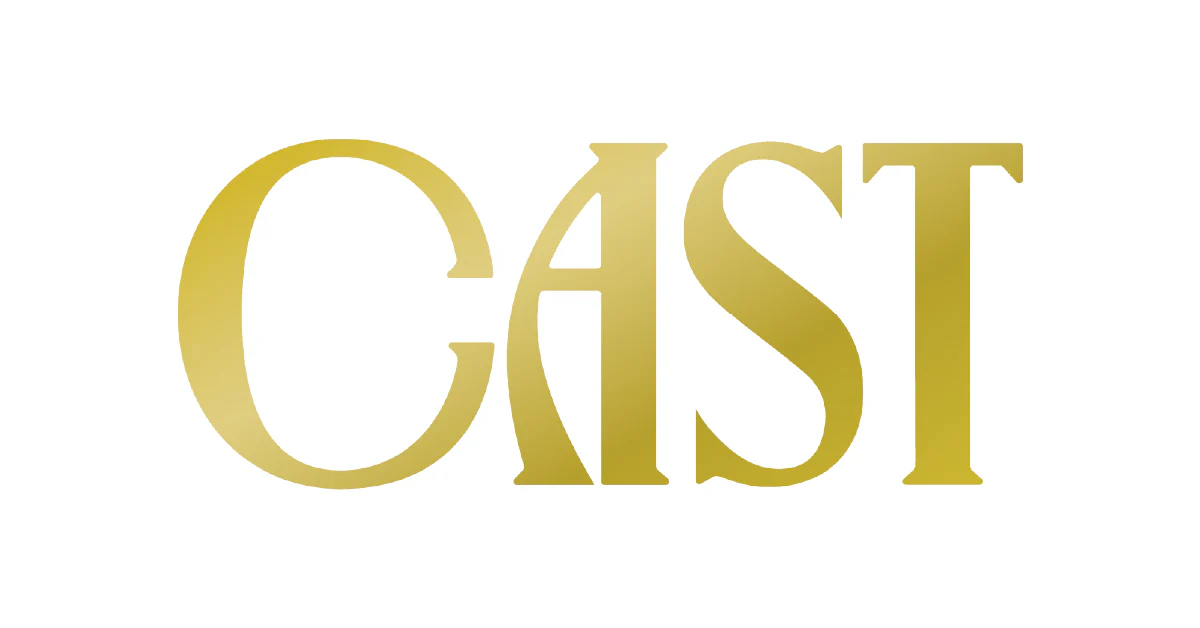Relocating to Canada: Relocating to Canada is a dream for many individuals and families seeking new opportunities, a high quality of life, and a welcoming environment.
With its diverse culture, stunning landscapes, and robust economy, Canada has become a popular destination for immigrants.
If you’re considering moving to Canada, this article outlines eight safe and effective ways to relocate, ensuring a smooth transition to your new life.
1. Understand the Immigration Process
Before you begin your journey of relocating to Canada, it’s crucial to understand the various immigration pathways available. Canada offers several programs, including:
- Express Entry: A fast-track system for skilled workers seeking to move to Canada.
- Family Sponsorship: For those with relatives in Canada willing to sponsor them.
- Provincial Nominee Program (PNP): For individuals who want to live in a specific province in Canada.
Researching these options will help you choose the best route for your situation and ensure a successful move to Canada.
2. Gather Necessary Documentation
Once you’ve decided on the immigration pathway, the next step is to gather the required documentation for relocating to Canada. This may include:
- Valid passport
- Educational credentials
- Work experience letters
- Language proficiency test results (like IELTS or CELPIP)
Having these documents ready will simplify the application process and help you avoid delays when moving to Canada.
3. Apply for a Visa
After gathering your documents, you can begin the visa application process. Depending on the program you choose, you may need to fill out different forms and pay various fees. It’s essential to complete this step meticulously to ensure your application is processed without issues, paving the way for your relocation to Canada.
4. Prepare for Language Proficiency Tests
Most immigration programs require proof of language proficiency in English or French. Invest time in preparing for these language proficiency tests, as strong language skills can significantly enhance your application and improve your chances of successfully relocating to Canada. Consider enrolling in language courses or using online resources to enhance your skills.
5. Secure Employment Before Moving
Having a job offer before moving to Canada can make your transition smoother. Many employers in Canada are willing to hire international candidates, especially in sectors facing labour shortages. Utilise job boards like LinkedIn, Indeed, and Workopolis to search for opportunities in your field, ensuring a successful start to your life in Canada.
6. Connect with Settlement Services
Once you arrive in Canada, connecting with local settlement services can help you acclimate to your new environment. Organisations like the YMCA and various immigrant services offer resources for housing, job search assistance, and community integration. These services can provide valuable support as you navigate your new life in Canada.
7. Consider Temporary Residency Options
If you’re unsure about a permanent move, consider applying for a temporary visa. Programs such as the International Experience Canada (IEC) allow young people to work and travel in Canada for a limited time. This option can give you a taste of life in Canada before committing to a permanent relocation.
8. Embrace Canadian Culture
Lastly, embracing Canadian culture will enrich your experience. Engage with local communities, participate in cultural events, and explore the beautiful landscapes. Building connections and understanding the culture will make your transition smoother and more enjoyable in your new Canadian life.
10 FAQs related to relocating to Canada, incorporating high CPC keywords:
1. What are the best ways to immigrate to Canada?
Understanding the various immigration programs, such as Express Entry and Family Sponsorship, can help you choose the best path for your situation.
2. How can I find a job in Canada before moving?
Utilise online job boards, networking platforms, and recruitment agencies that specialise in helping immigrants secure employment.
3. What documents do I need for a Canada visa application?
Essential documents typically include your passport, educational credentials, work experience letters, and language proficiency test results.
4. How long does it take to get a Canada immigration visa?
Processing times vary based on the program, but Express Entry applications are generally processed within six months.
5. What are the costs involved in relocating to Canada?
Costs can include application fees, travel expenses, settlement funds, and potential legal fees for immigration assistance.
6. What are the best cities to move to in Canada for new immigrants?
Cities like Toronto, Vancouver, and Calgary are popular for their job opportunities and diverse communities.
7. How can I improve my language skills for immigration to Canada?
Consider enrolling in language courses, using online resources, or practicing with native speakers to prepare for language proficiency tests.
8. What are the benefits of temporary residency in Canada?
Programs like the International Experience Canada (IEC) offer work and travel opportunities, allowing you to experience Canadian life before committing to permanent residency.
9. How can I access settlement services upon arriving in Canada?
Local organisations, such as the YMCA and immigrant services, provide resources for housing, employment, and community integration.
10. What cultural aspects should I be aware of when moving to Canada?
Understanding Canadian cultural norms, values, and community practices will help you integrate smoothly into your new environment.
Conclusion
Relocating to Canada can be an exciting adventure filled with opportunities. By following these eight safe and effective methods, you can make the transition to your new home as seamless as possible. From understanding the immigration process to embracing Canadian culture, each step brings you closer to realising your dream of moving to Canada. With the right preparation and resources, you can turn your dream into reality.
